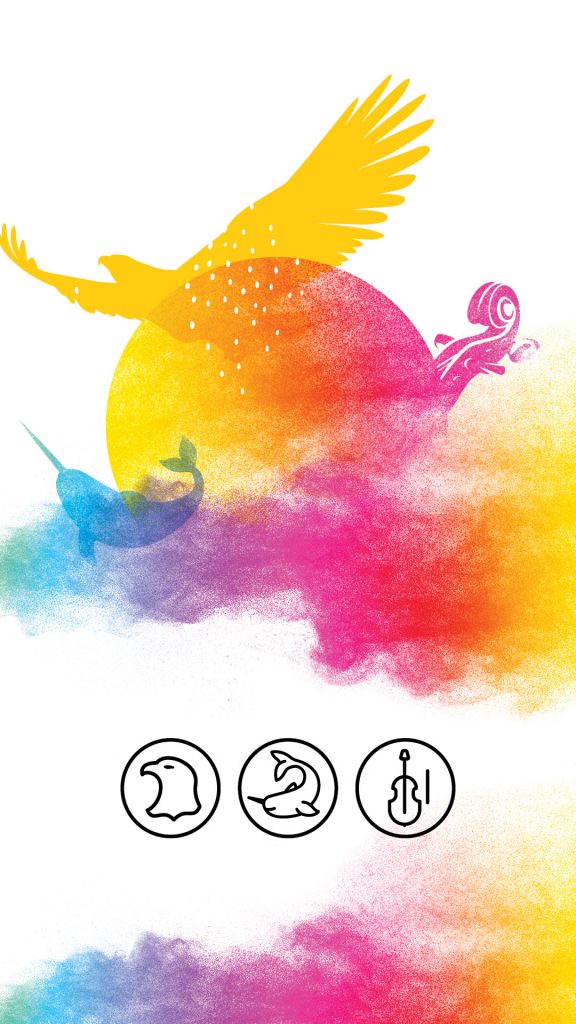It’s over! The yearly competition to determine which book penned by a Canadian author is ‘the one that all Canadians need to read right now’ has concluded and a victor has been chosen. If you’re not familiar with the format, here’s how it breaks down. Five luminaries on the Canadian cultural scene decide to “champion” one of 15 longlisted books in a debate that’s broadcast over radio and televised across the country. Between March 4-7, daily debates took place, with a round of voting to eliminate one of the books at the conclusion of each discussion. Long-running host Ali Hassan was at the helm, acting as moderator and throwing in a few puns along the way. The theme for this year was an interesting one: Which work is the “one to carry us forward.” Carry us forward to where, you might ask. Fans of Jeopardy (such as myself), may be familiar with last year’s Canada Reads winner and overall excellent human, Mattea Roach. Roach was a formidable competitor on the classic quiz show and now holds the title for “most successful Canadian competitor” in the history of Jeopardy. Roach selected Kate Beaton’s graphic novel, Ducks, as their fighter in the ring. The true account of Beaton’s time working in the oil sands of Alberta and the complicated relationship the writer had with her gainful employment are conveyed through skilled illustrations. It was the first graphic novel to be honoured by the Canada Reads title. Check out one of Roach’s epic wins on Jeopardy here for a taste of their excellence. Turning to this year, the ‘great Canadian book debate’ was in its 23rd iteration, and this year’s contenders chose some intriguing reads. Here are the titles with their corresponding champions:
Continue readingTag Archives: Indigenous
National Indigenous History Month
 June is National Indigenous History Month, a celebration of the diverse histories, heritages, and present lives of Canada’s First Nations, Inuit, and Métis communities. “The Government of Canada recognizes the importance and sacred nature of cultural ceremonies and celebrations that usually occur during this time”, as per the official government website. But just as we at the library were preparing resources to celebrate this month, our country was rocked with a gruesome discovery: the bones of 215 children buried beneath the Kamloops Indian Residential School. A horrifically apt reminder from the universe of our dark history, lest it be forgotten amidst the celebrations.
June is National Indigenous History Month, a celebration of the diverse histories, heritages, and present lives of Canada’s First Nations, Inuit, and Métis communities. “The Government of Canada recognizes the importance and sacred nature of cultural ceremonies and celebrations that usually occur during this time”, as per the official government website. But just as we at the library were preparing resources to celebrate this month, our country was rocked with a gruesome discovery: the bones of 215 children buried beneath the Kamloops Indian Residential School. A horrifically apt reminder from the universe of our dark history, lest it be forgotten amidst the celebrations.
I just finished reading Days Without End by Irish writer Sebastian Barry, a Civil War-era novel that is not shy of relating the atrocities committed by colonists in pursuit of an expanding frontier. The 1860s seem a different world but, in the grand scheme of human civilization, it was basically yesterday. We might like to think we’ve progressed beyond the horrors of the past, but the damage done to Indigenous communities lingers today. The last residential school was closed in 1996, to put that into context. And though we’ve finally scrapped the schools, Indigenous children make up 30% of the population of children in foster care. Our country has an actual human rights crisis on its hands regarding Missing and Murdered Indigenous Women (MMIW). The road to reconciliation is long, and we’re not even close to the end (as of writing this, neither the British Crown nor the Catholic Church has officially recognized their devastating roles in the residential school system).
As part of National Indigenous History Month, the Canadian government is promoting #IndigenousReads, in hopes “to encourage reconciliation by increasing Canadians’ understanding of Indigenous issues, cultures, and history”. Publishers Weekly recently put out an interview with a handful of Canadian and American booksellers and publishers regarding Indigenous literature, highlighting the particular benefit of storytelling in “the reimagining of [Indigenous] lives through the storytelling of contemporary Indigenous authors.” The interview is a hopeful one; with the public interest in social issues growing, publishers are more likely than ever to promote (and seek out) Indigenous voices. And even better news: these titles sell well, proving public interest in the subject and thus encouraging even more Indigenous publications.
